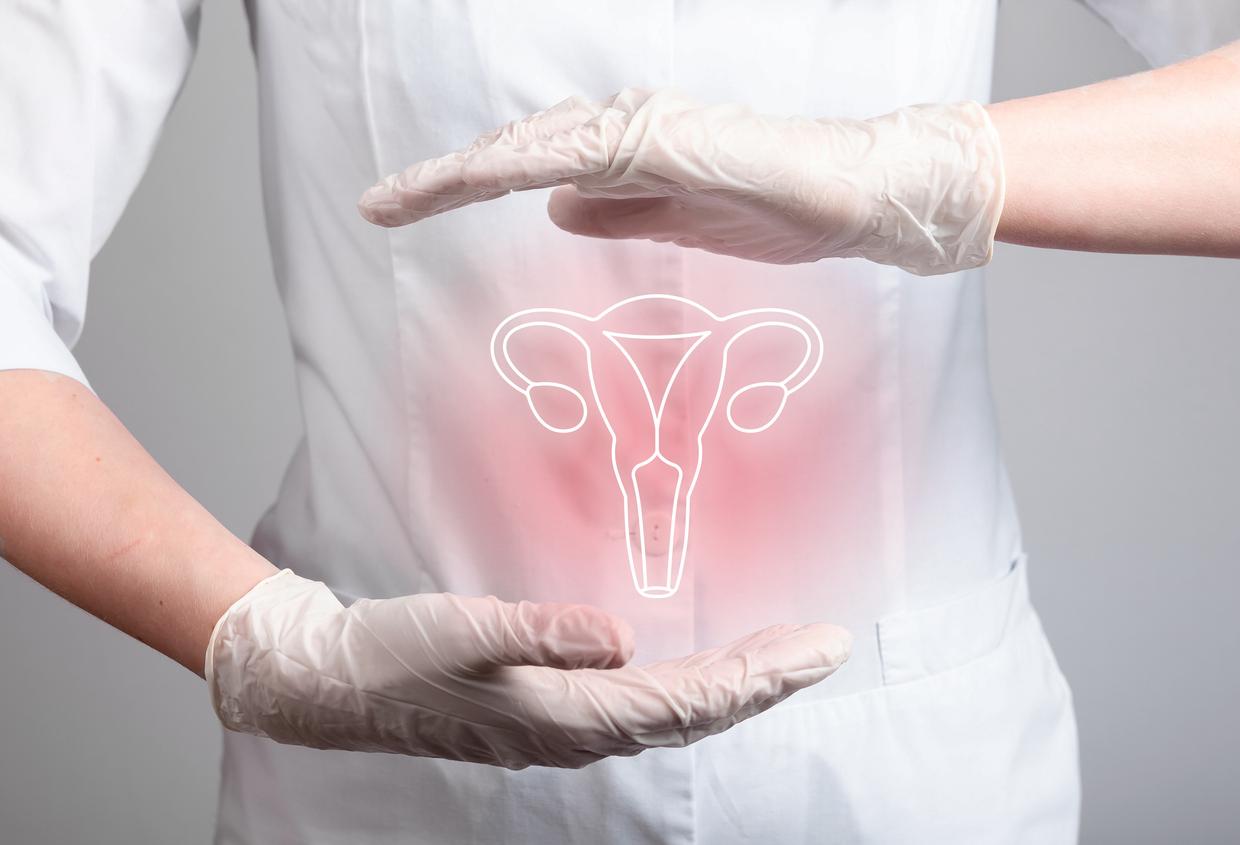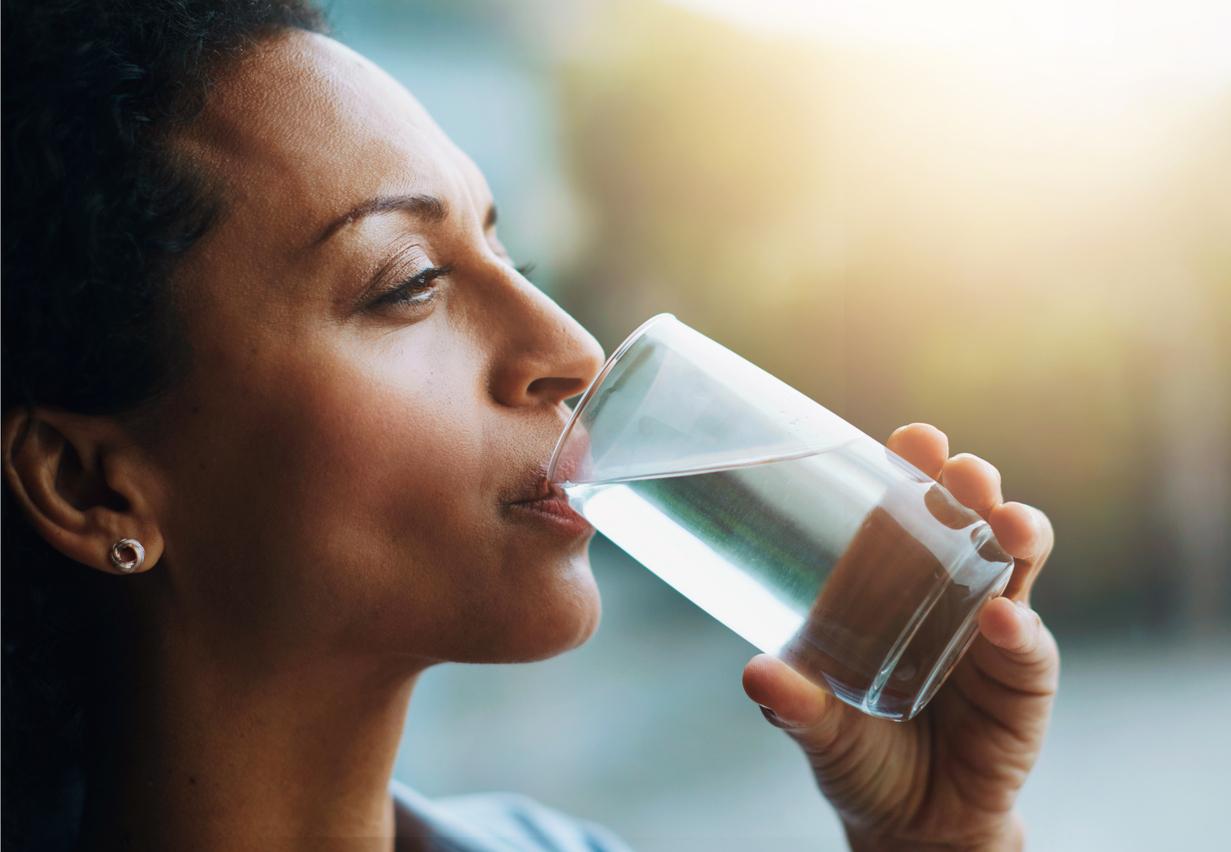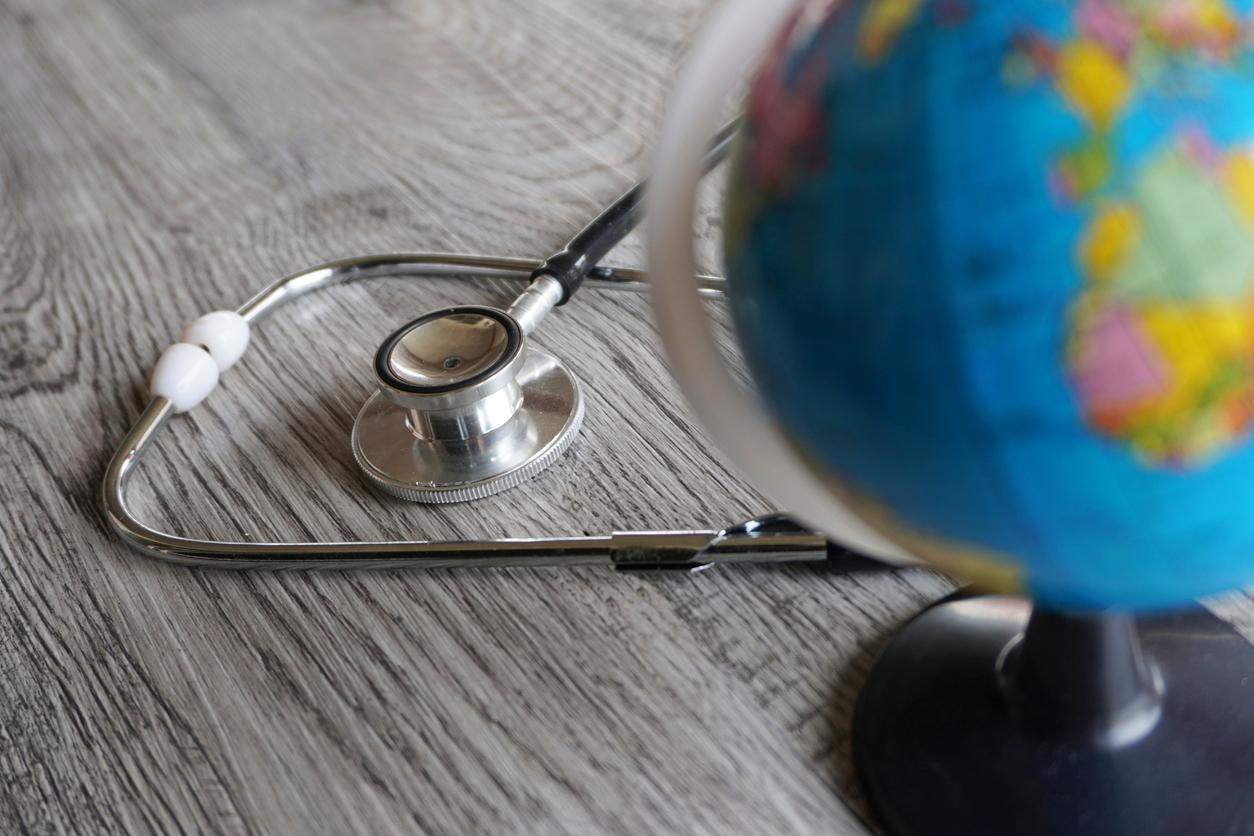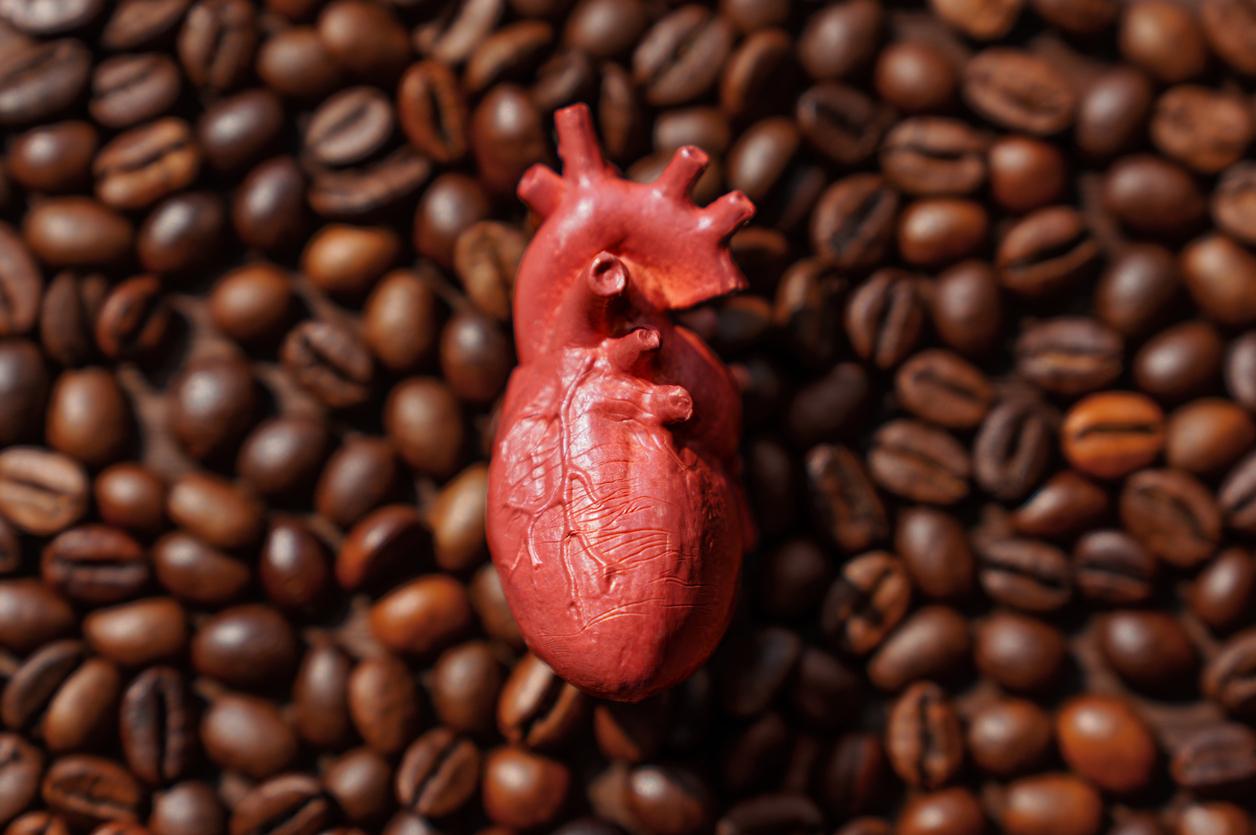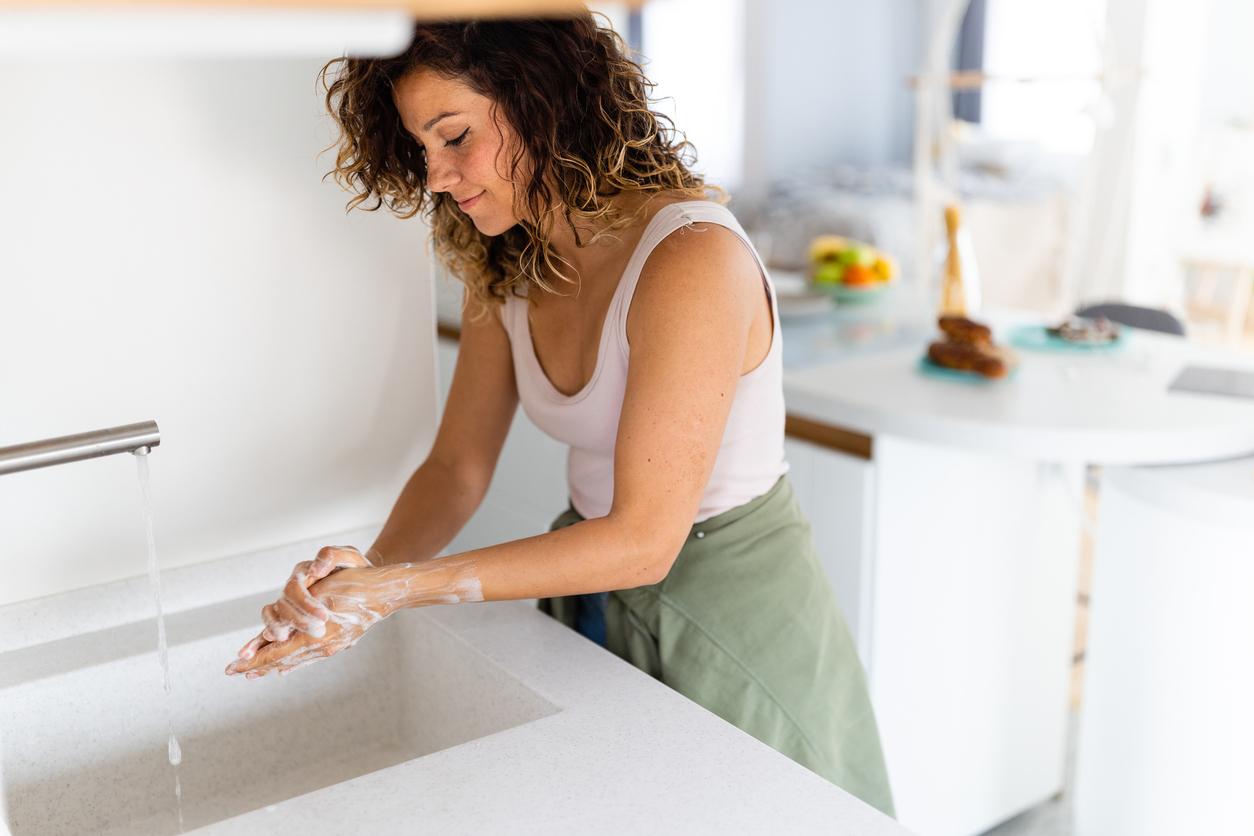Consuming coffee with caffeine is associated with a lower risk of acne rosacea, a chronic inflammatory skin disease.
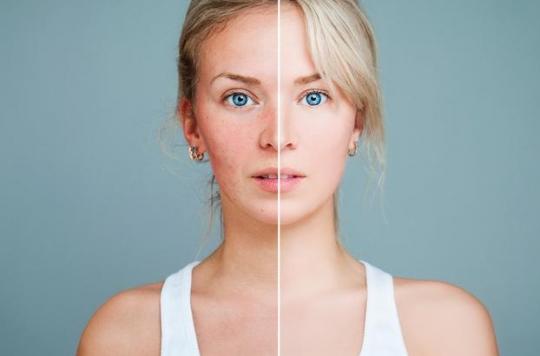
Here’s a good reason not to sulk your morning cup of coffee. According to new work by American, Canadian and Chinese researchers, a higher consumption of coffee (containing caffeine) is associated with a reduced risk of rosacea.
The results of the study have been published in the online journal JAMA Dermatology.
A protective effect from 4 coffees per day
Generally appearing around the age of 20-25 with a peak around 45, rosacea is a chronic inflammatory skin disease that manifests itself by redness on the face, first on the cheeks and nose, then the forehead and the forehead. chin. As the disease progresses, this redness becomes permanent: small dilated vessels (rosacea) appear on the cheeks and sides of the nose, as well as small red pimples (papules).
Affecting about 10% of adults, especially those with fair skin and eyes and a tendency to blush easily, rosacea is sometimes experienced as a real tragedy due to the aesthetic and psychological discomfort it causes. Hence the great interest of this new study on the properties of the caffeine contained in coffee in reducing the risk of rosacea.
A study on coffee consumption
The study authors analyzed data on the consumption of coffee, tea, soft drinks and chocolate from 82,737 women who participated in the Nurses’ Health Study II (NHS II), a cohort prospective established in 1989, with follow-up carried out every two years between 1991 and 2005.
They identified 4,945 incident cases of rosacea and found that there was a significant inverse association between the risk of rosacea and increased caffeine intake, particularly that contained in coffee. Thus, people who consume less than one dose of caffeinated coffee per month have a greater risk of rosacea than those who drink 4 or more doses of coffee per day.
No effect for tea and decaffeinated coffee
How to explain it? For the researchers, this is due to the very properties of caffeine, “known to decrease vasodilation and have immunosuppressive effects, which can potentially reduce the risk of rosacea”, explains Dr Suyun Li, epidemiologist at Qingdao University, in China. Caffeine also contains antioxidants that may reduce inflammation. Finally, it can modulate the levels of hormones such as adrenaline, norepinephrine and cortisol, which can have an impact on rosacea. “However, the heat given off by coffee can be a triggering factor for rosacea flare-ups”, nuances the researcher.
While the caffeine in coffee has an impact on rosacea, caffeine from other sources such as tea or chocolate does not. Decaffeinated coffee also has no protective effect. The authors explain that the lack of effect of caffeine sources other than coffee is likely due to the low absolute caffeine content of these foods and beverages.
“Further studies are needed to explain the mechanisms of action of these associations, to replicate our findings in other populations, and to explore the relationship between caffeine and different rosacea subtypes,” they write.
.







